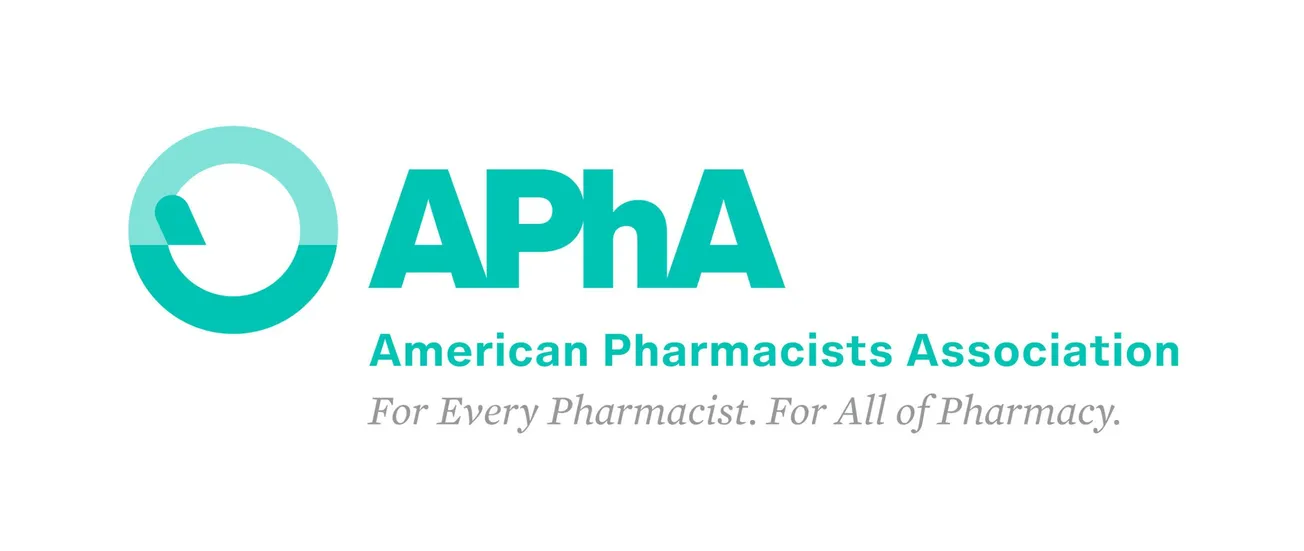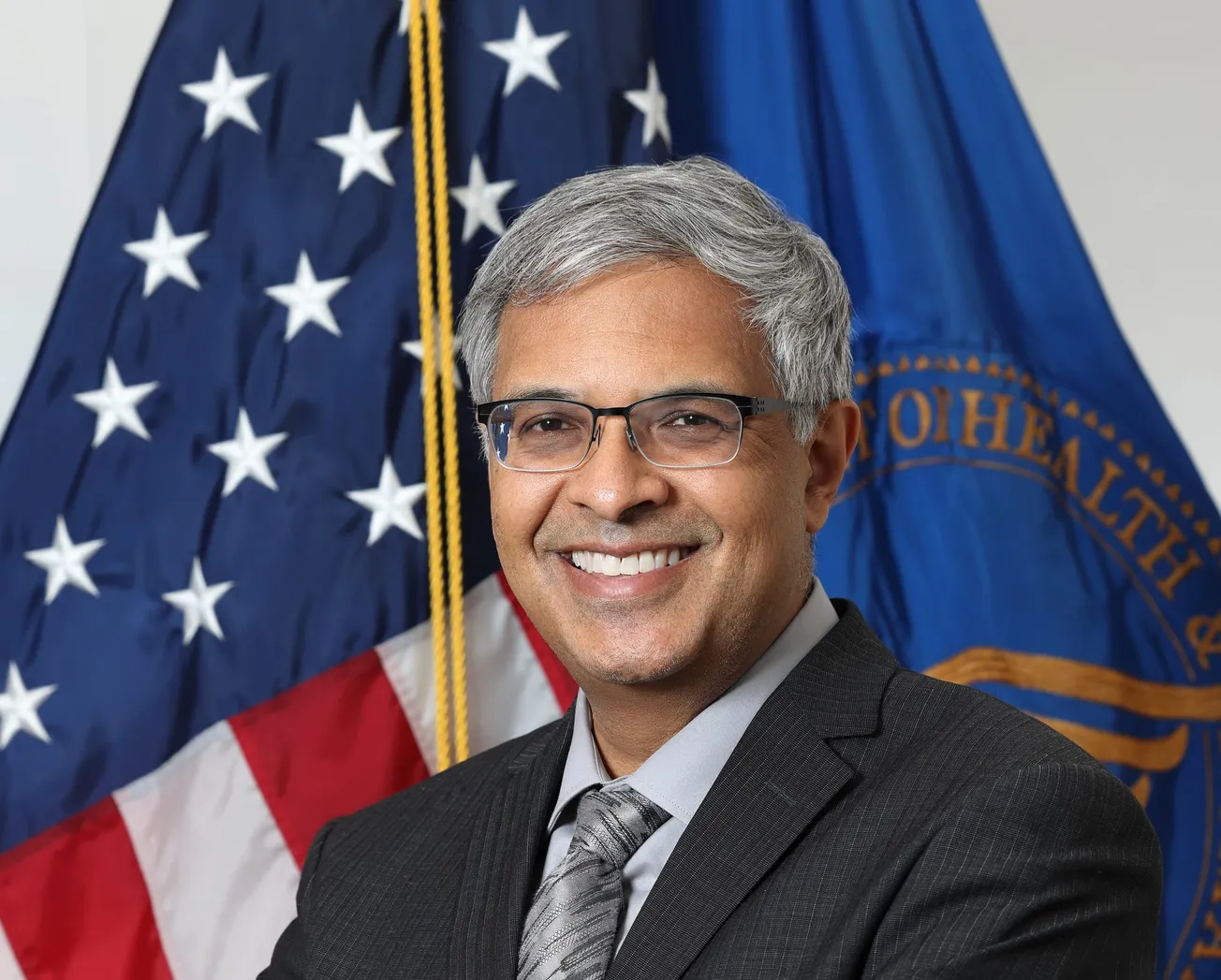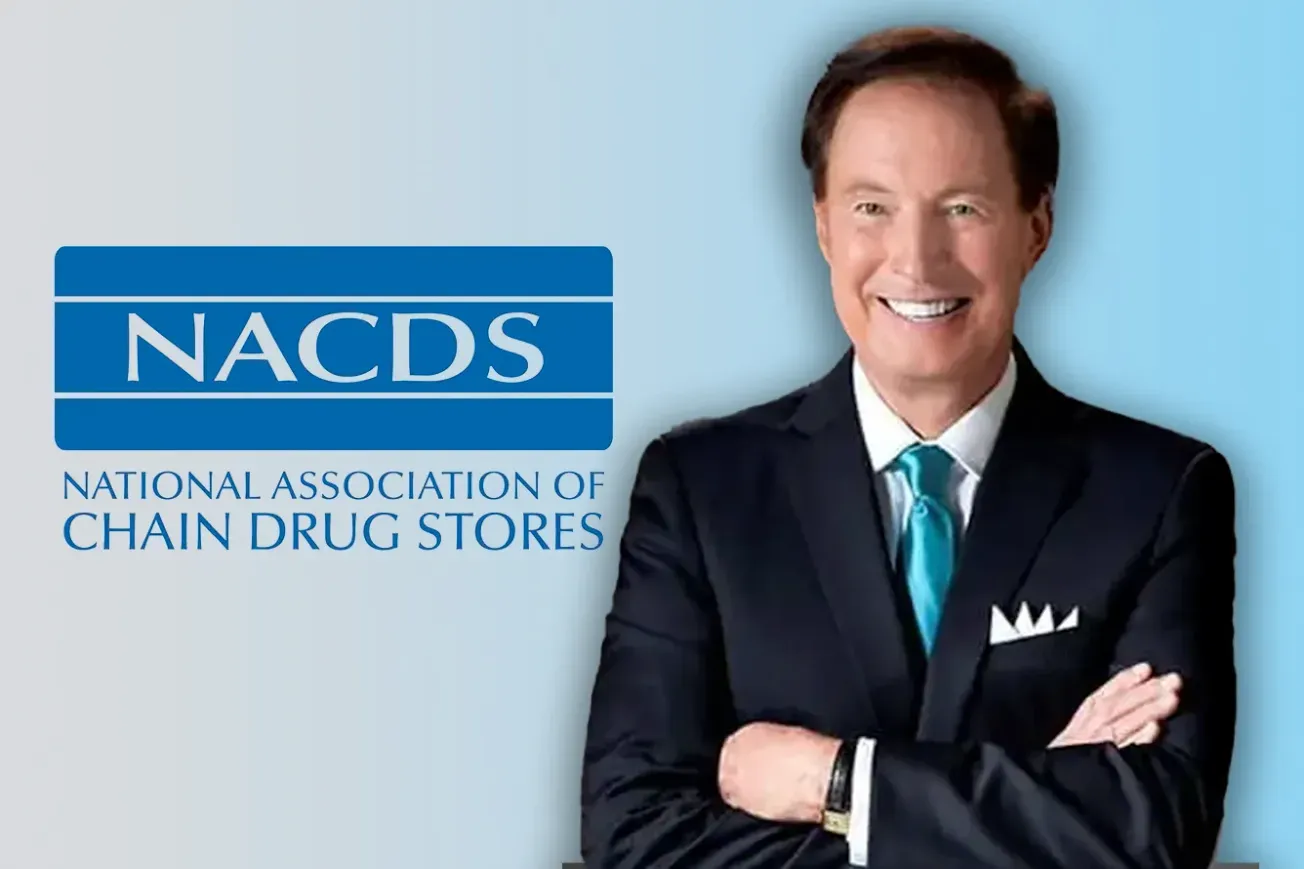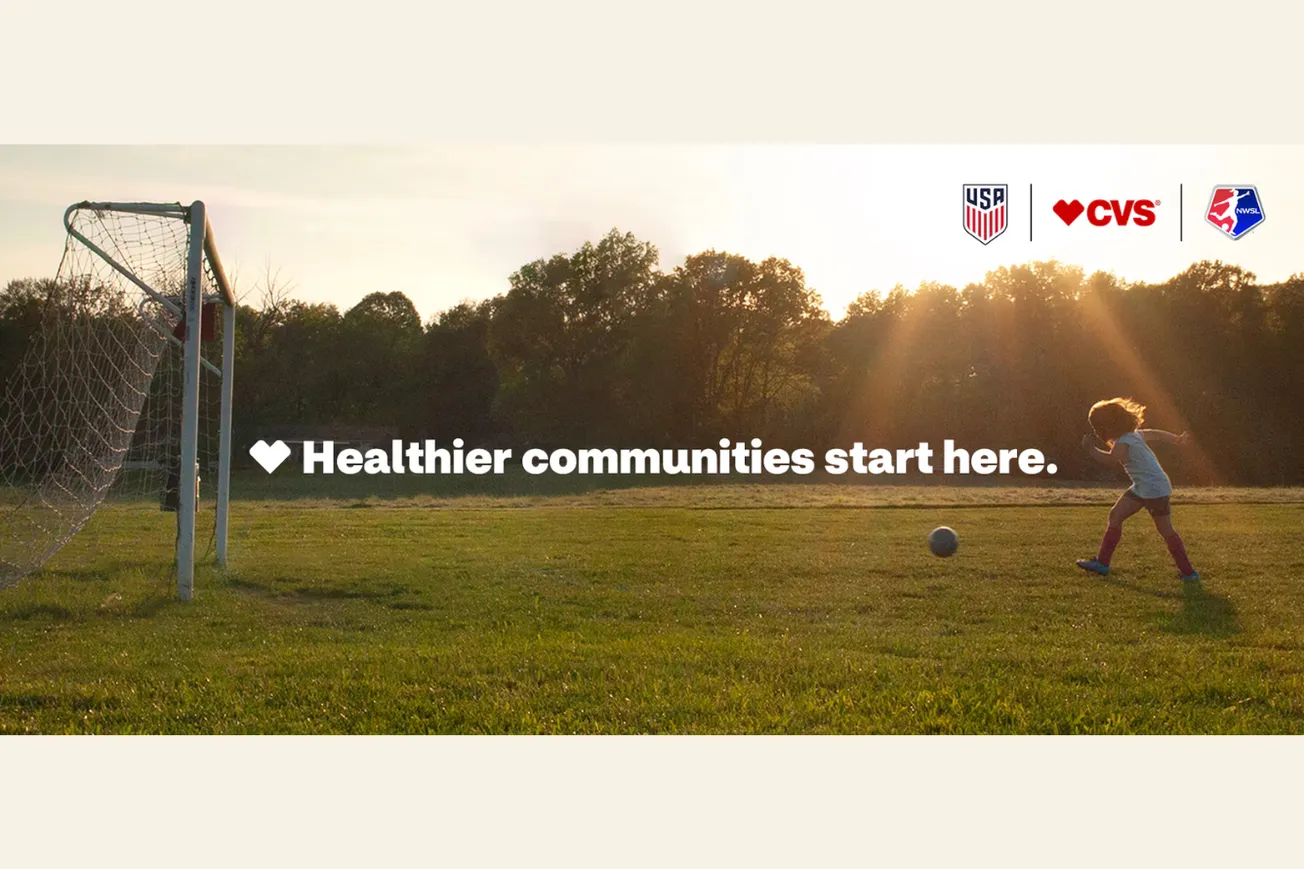WASHINGTON — The American Pharmacists Association (APhA) announced today that it has entered into a contracted project agreement with CDC’s Applied Research and Evaluation Branch in the Division for Heart Disease and Stroke Prevention to accelerate the implementation of pharmacy-based strategies to advance health equity and prevent heart disease and stroke.
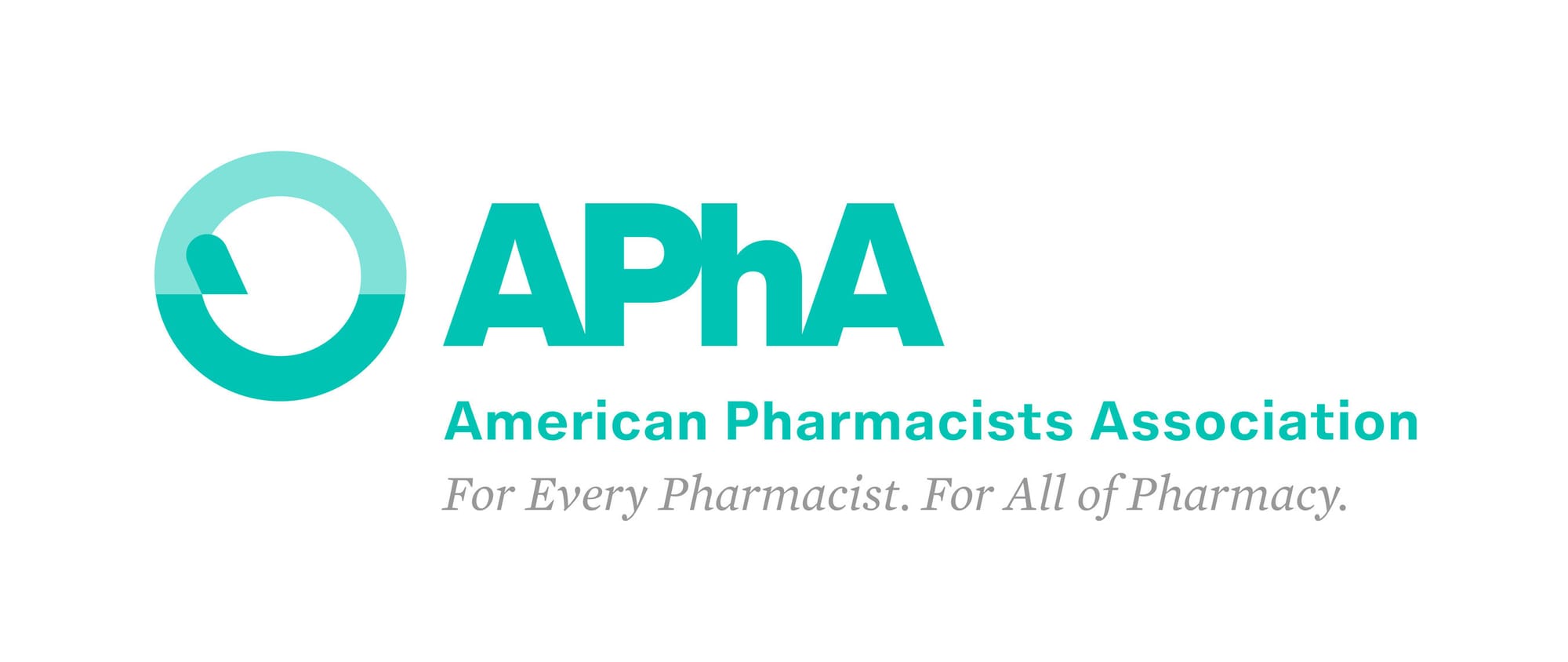
APhA’s vision to inspire, innovate, and create opportunities for its members and pharmacists worldwide to optimize medication use and health for all is aligned with the CDC’s goal to improve cardiovascular health equity. APhA will work toward this goal by
- Convening a community of practice to provide innovative peer-to-peer learning and capacity-building opportunities for health departments and pharmacy partners
- Identifying and tailoring promising program models to meet community needs, overcoming challenges to implementation, and building capacity for evaluation and dissemination
- Contributing to practice-based evidence for pharmacy-based strategies to advance health equity in heart disease prevention and treatment
An important objective of the project is to develop solutions that improve heart disease and prevent stroke in all communities.
Cardiovascular disease is the leading cause of death in the United States and is influenced by socioeconomic status, environmental conditions, institutional factors, structural racism, various forms of discrimination, and other factors pertaining to health equity.
Michael D. Hogue, PharmD, FAPhA, FNAP, FFIP, executive vice president and CEO of APhA, said “Pharmacists are trusted community health professionals who are highly accessible to patients and who increasingly engage in team-based care in practice settings that historically work with medically underserved patients. This project will build on the trust that people already have in their pharmacists to provide health screenings, education, and medication adherence counseling as they thoughtfully and comprehensively address patient concerns. Pharmacists, working together with public health entities, are a crucial partner in reducing the risk of heart disease and stroke in the United States.”
This project was funded in part by a contracted project agreement with CDC, which is an agency of HHS.

